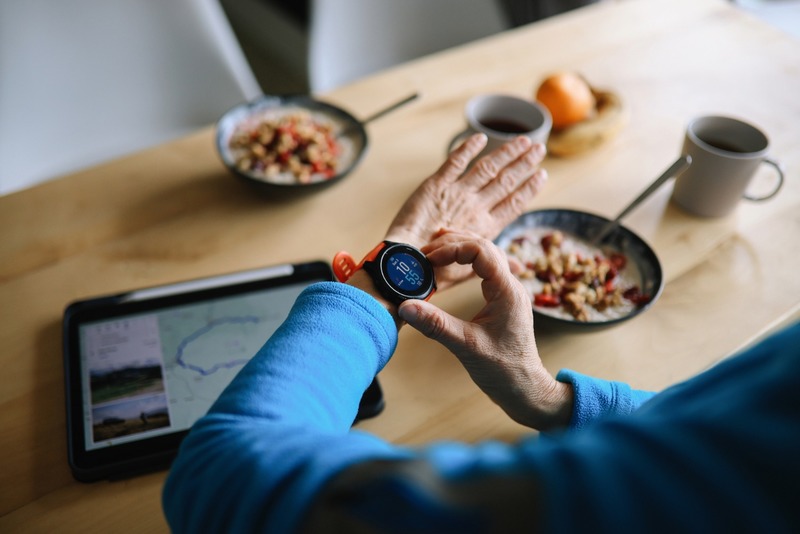News
What to Eat During a Pandemic

Going through a pandemic is stressful for a variety of reasons. Eating the right foods can improve your mood, lower your stress and support your immune system. When it comes to food, limitations on what is available at grocery stores, fear of contracting the virus while getting groceries or takeout, and possible food insecurity as a result of income loss are valid stressors. Lauren Larson, MS, RDN, registered dietitian nutritionist at Vail Health shares nutritional tips during a pandemic.
Food Safety Concerns
For COVID-19, there is currently no evidence that it is transmitted through food or water but general food safety is still important. Before preparing AND eating food, wash your hands with soap and water for at least 20 seconds. Clean and disinfect countertops after putting away groceries or plating up takeout.
Access to Food
If you are experiencing limited access to food The Community Market is a great resource. The Community Market is a partnership of Eagle Valley Community Foundation, Food Bank of the Rockies, Eagle County government, Vail Resorts, a number of community non profit groups and other entities that provide local food assistance.
What to Eat
To support your immune system, focus on eating a variety of nutrient-rich foods.
1. Regular staples should include:
- Sweet potatoes
- Carrots
- Broccoli
- Bell peppers
- Citrus fruits
- Eggs
- Beans and lentils
- Nuts and seeds
- Whole grains
- Kefir
- Tofu
- Seafood
- Lean meat
- Poultry
- Eggs
- Plant sources (soy, beans, lentils, nuts, seeds) are particularly helpful for healing and recovery.
- For canned fruits, look for those “canned in juice”.
- For canned vegetables, drain and rinse to remove some of the sodium or purchase “low-sodium”.
If you think you may have COVID-19, click here for testing options. For the most up-to-date information on COVID-19, click here to reach local and federal government agencies.
About:
For more information on nutrition and dietitian services, visit vailhealth.org/nutrition. To schedule an appointment call (970) 479-5058. Lauren Larson, MS, RDN is a registered dietitian nutritionist at Vail Health.
More News
-
New!
More

First Chair to Last Call: What Does Alcohol Really Mean For Your Health?
In nearly every Colorado ski town, some iteration of the neon sign blares its play-hard-party-harder anthem. It’s a not-so-subtle nod to mountain party culture, a lifestyle that normalizes combining sports and outdoor adventures with heavy drinking and partying. In Eagle County, après culture, high-altitude living and outdoor performance have coexisted for as long as locals have been sliding on snow. But how much is too much at altitude? And what role do social support systems play in helping residents find balance?
-
New!
More

Counting More Than Steps: How Wearables Can Help (or Hinder) Your Health
From step counts to sleep stages, heart rate variability to blood sugar spikes, wearable devices are giving us a front-row seat to what’s happening inside our bodies. Strapped to wrists, slipped onto fingers or wrapped around our biceps, wearables like the Oura Ring or Whoop strap promise insight and advice in the quest for better health.
-
More

Cass Barham and Sarah Crabtree Honored As Recipients of Vail Health Elevate Award
Cass Barham and Sarah Crabtree, both lab techs at Vail Health Hospital, have been named recipients of the Vail Health Elevate Award. Vail Health created the Elevate Award in June 2022 to give patients and their families an opportunity to nominate and thank employees who have touched their lives in some way.
